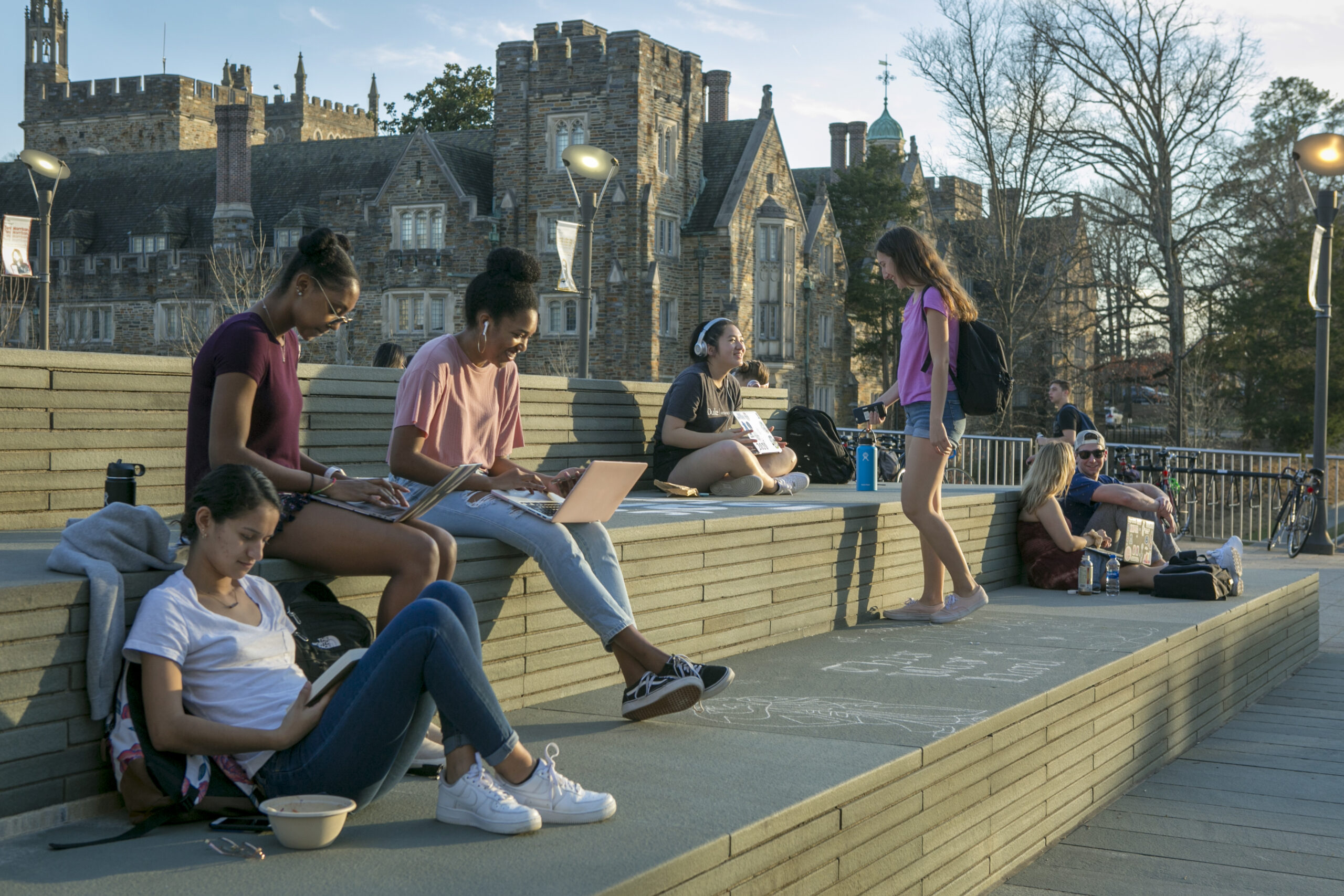Committed to supporting research centers and organizations that further the conversation on advancing social equity, the Cook Center features outside opportunities that are in alignment with our mission and research themes.
By disseminating information on programming, lectures, conferences, job postings, and various external prospects, the Cook Center seeks to connect our network of scholars, supporters, and students with valuable resources and upcoming opportunities.
To submit opportunities for posting consideration on our website, calendar, or social media accounts, please email socialequity@duke.edu.
Program and Conference Opportunities
Camp Resources Conference XXXI
Call for Abstracts
We invite graduate students and young professionals to submit research abstracts to Camp Resources XXXI, which will be held August 3-5, 2025 at the Cambria Downtown Asheville Hotel. The workshop will begin with a reception on Sunday evening, August 3rd, with presentations starting early Monday morning, August 4th and concluding mid-afternoon on Tuesday, August 5th.
Presentation Formats & Travel Support
Camp Resources is a workshop designed for graduate students and young professionals to present their research in a relaxed but serious environment. We do not expect a paper. However, a clear, well-organized, twenty-minute presentation describing a completed or emerging research project has been standard fare. We also include shorter, 8-minute research sketches that are ideal for students in the early stages of dissertation work.
Through the generous support of NC State’s Center for Environmental and Resource Economic Policy, the Journal of Environmental Economics and Management, the Alfred P. Sloan Foundation, Resources for the Future, Industrial Economics, and Georgia Tech’s School of Economics, we will partially defray travel expenses for those giving regular presentations and, in a more limited way, those giving research sketches.
All graduate students, young professionals, and faculty are invited to attend, although we cap attendance at 70 people. A modest registration fee will be charged.
Submission Information
Short abstracts not more than 500 words may be submitted at: https://go.ncsu.edu/camp_resources.
To receive full consideration, you must submit by Friday, May 23, 2025. You will be asked to include a short, 2-page vita with your abstract. We will notify presenters of accepted abstracts by June 9th.
Questions?
Contact enviro_econ@ncsu.edu or Roger von Haefen at roger_von_haefen@ncsu.edu.
Have a conference or program you'd like to share? Email us at socialequity@duke.edu.
we are 2025 Educator Summer Institute

Attendees will walk away with a plan to address a systemic racial equity issue within their own school, district, or organization. Participating K-12 teachers will earn Continuing Education Units (CEUs). It is strongly recommended that teams of at least three from each school/organization attend, but this is not a requirement.
Registration is live for our 2025 Educator Summer Institute! Participants will build a historical understanding of racial constructs, develop strategies and techniques which extend anti-racist practices and promote civic engagement and co-conspiratorship with people of color on issues of racial justice. Registration deadline is June 6th!
Have a conference or program you'd like to share? Email us at socialequity@duke.edu.

